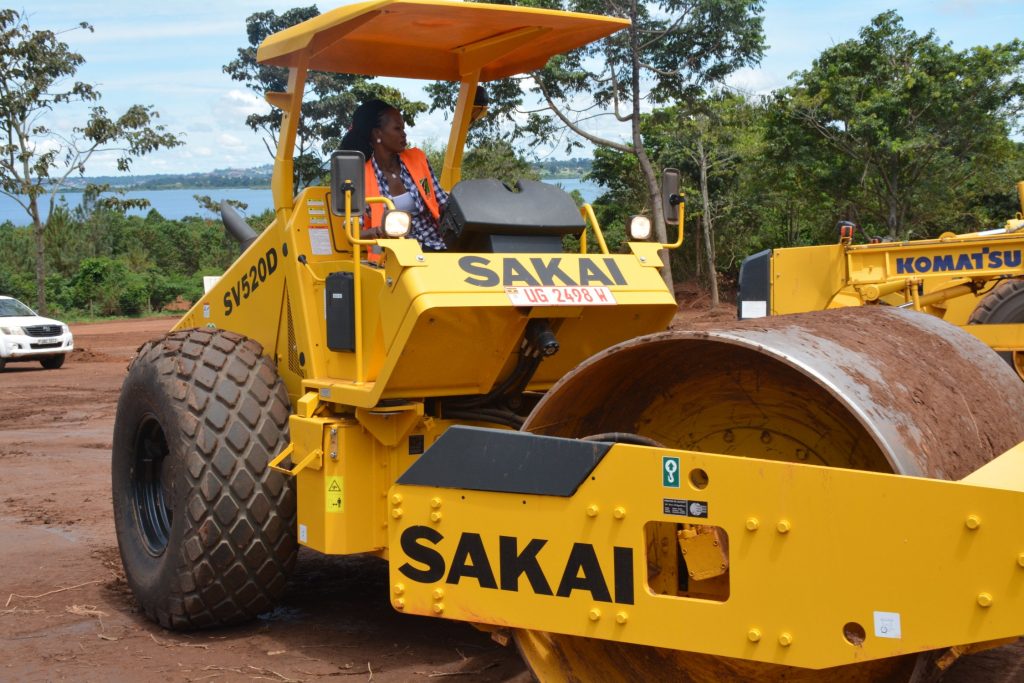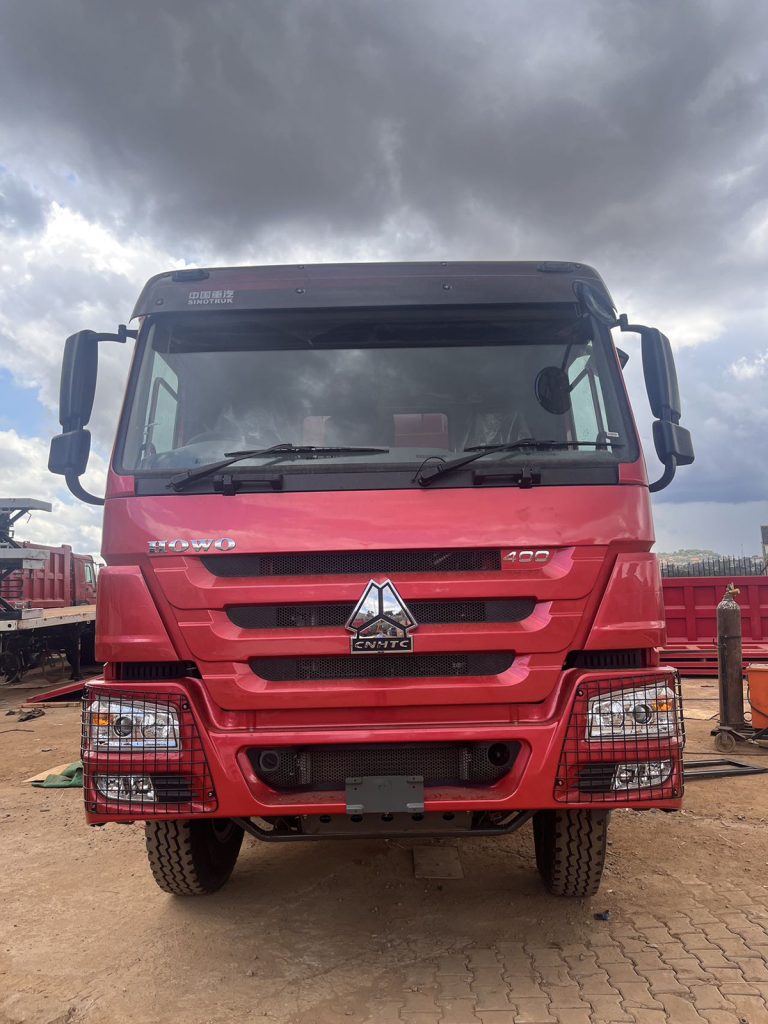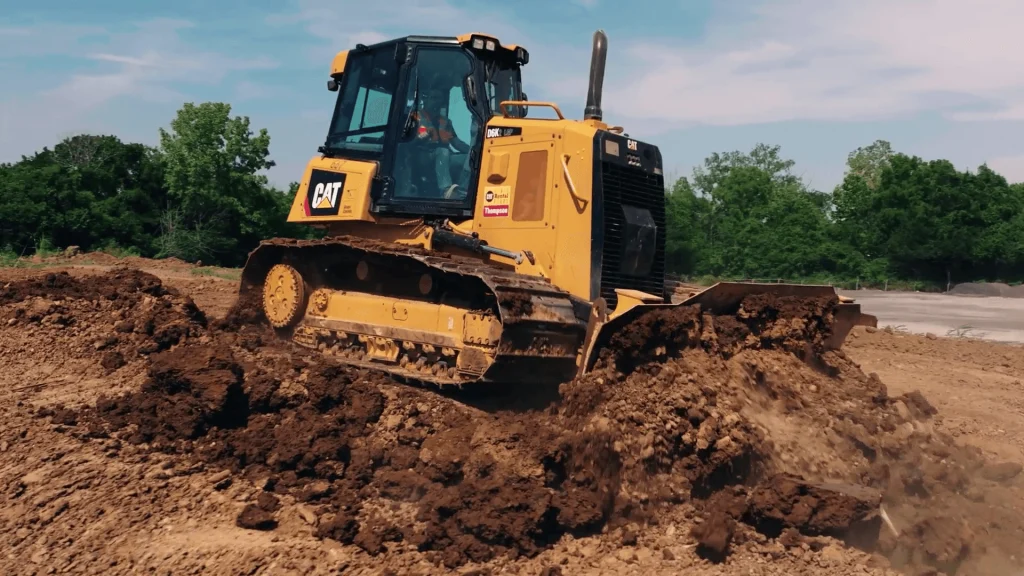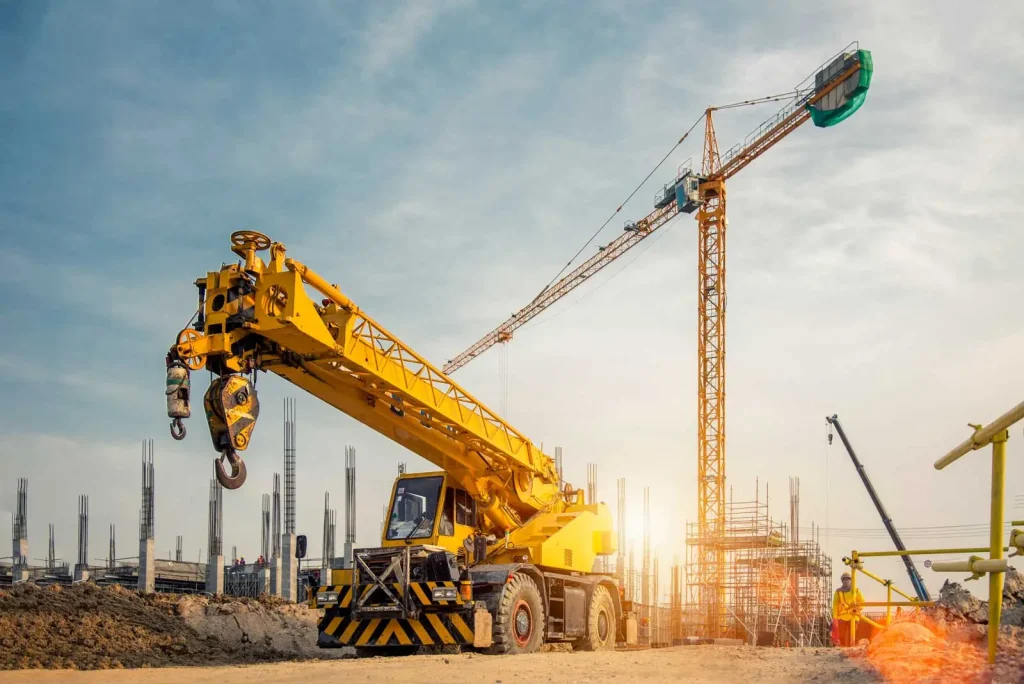- +256 772 069 909
- join@machinerytraininguganda.com
- Plot 463 Ave, Agora Mall, Kireka

If you’ve ever stood by a construction site and watched a big excavator dig deep into the ground, or a grader leveling a dusty road, you’ve likely wondered—how do people learn to do that? Maybe you’ve thought about learning yourself but didn’t know where to start.
You’re not alone. Many young people in Uganda are now turning to heavy machinery training as a real path to a better life—and for good reason.
These machines don’t just build roads and buildings—they build careers too.
Whether you’re a school dropout looking for a second chance, a university graduate who wants to learn something practical, or someone just tired of sitting at home waiting for a miracle, this guide will walk you through how to become a heavy equipment operator in Uganda, step by step.
No complicated language. No empty promises. Just real advice, straight from the ground.
Before anything else, you need to make a decision. Becoming a heavy machine operator starts with you saying, “I want to do this.”
Many people waste time hesitating—thinking it’s too hard, too expensive, or not for people like them. But truthfully, some of the best operators in Uganda today started with nothing.
For most courses, you do not need any driving experience. No formal job history needed. Just a decision.
Ask yourself: Do I want a skill that puts food on my table? Do I want to operate real machines like forklifts, excavators, or cranes? Am I ready to learn? If the answer is yes, you’re already on your way.
There’s no one-size-fits-all in heavy machinery. Each machine plays a different role and suits different personalities and job types. Some machines are perfect for people who enjoy working in large, open construction sites. Others are best for those who want to work indoors or in factories.
Here are a few popular options in Uganda:
In case you aren’t sure which one to choose, pay us a visit or give us a call and the team at Machinery Training Uganda will guide you during registration based on your goals, body strength, personality, and even current job market demand.
This is where most people either set themselves up for success—or for disappointment. Not every school will prepare you properly. Some will teach you theory only. Others will let you sit on a broken machine, take a photo, and give you a certificate. That’s not training—that’s wasting time.
A good training school should give you:
Machinery Training Uganda is one of the few schools in the country doing all of this. We train operators from across Uganda—and even from neighboring countries like South Sudan, DRC, Rwanda, and Kenya.
Whether you’re coming from Arua, Kabale, Mbarara, Lira, Soroti, or Gulu, you’ll find a safe, welcoming place to stay and learn.




Most training programs begin with classroom sessions—simple theory about machine parts, safety rules, and how to inspect your equipment.
Don’t worry, it’s not complicated. Even if you didn’t finish school, you’ll understand. The instructors take time to explain everything using real-life examples.
After that, the practical sessions begin. This is where the real learning happens. You’ll start the machine, move it, dig with it, lift with it, and even practice responding to emergencies. You’ll also learn how to check oil, inspect hydraulic hoses, and maintain the machine daily. These are skills employers want—and expect.
Depending on the machine you choose, training takes about:
Each day, you’ll spend most of your time on the machine. No rushing. No guesswork. Just real practice, every day, until it becomes second nature.
Once you complete your course and pass the assessment, you’ll receive a certificate. This proves to employers that you’ve been trained properly and are ready for work. But don’t just walk out with your certificate and wait. A good training school will also help you with what comes next.
At Machinery Training Uganda, they help you write your first CV, guide you on where to apply, and even call companies on your behalf. They also support you with refresher courses if you need to build more confidence before going out into the field.
Heavy equipment operators in Uganda are in demand. Whether it’s a road project in Lira, a construction site in Wakiso, or a warehouse in Namanve, companies are always looking for trained operators.
Your job might come through:
Salaries vary, but most entry-level operators earn between UGX 800,000 to UGX 2.5 million per month. Some projects pay daily—between UGX 50,000 to UGX100,000—depending on the machine and workload.
With experience, your income grows fast. Some seasoned operators earn UGX 3 million or more monthly, especially those working in oil regions or handling multiple machines.
Once you get your first job, that’s not the end. It’s just the beginning. Keep learning. Be professional. Show up on time. Treat the machine like it’s yours. And most importantly, avoid shortcuts. Safety is key. Many companies reward operators who are careful, responsible, and reliable.
You can also return to training and add more machines under your belt. For example, after learning forklift, you can easily enroll and upgrade to excavator or crane because in this industry, the more you know, the more valuable you become and therefore, the more money you make.
Choosing the right school is like choosing the right foundation for a building. If you get it wrong, everything on top will be shaky. But if you choose wisely, your skill will last a lifetime.
At Machinery Training Uganda, you don’t just train—you become part of a community. You eat well. You sleep in clean rooms. You learn at your pace. You operate real machines that are fully functional. And you leave with confidence, knowing that you can step onto any job site and do your job well.
They also speak your language. Whether you’re more fluent in Swahili, Luganda, or English, you’ll be trained in a way that makes sense. For women, the school offers a supportive and respectful space to thrive. For international students, there’s visa help and even airport pickup if needed.
So now you know. Becoming a heavy machine operator in Uganda is not a dream that’s far away. It’s something you can start today. You don’t need to be rich. You don’t need to know someone in power. You just need to make a decision, find the right school, and start learning.
In just a few weeks, you could be on your way to earning a good income, supporting your family, and doing work that you’re proud of.
The machines are here. The trainers are ready. The jobs are waiting. So, the only question left is—are you ready to take that first step?
Because your new life might just be one gear shift away.



Join us to start a transformational journey to unlock limitless doors of heavy machinery opportunities.
Machinery Training Uganda is a reputable and leading Heavy Machinery Training Centre offering affordable training courses in Trailer, Excavator, grader, forklift, sino trucks and more.
+256 772 069 909
+256 749 762 961
machineryuganda@gmail.com
Office #4 Agora Mall, Kireka, Kinawataka Rd Opposite Eco Petrol Station
Copyright Machinery Training Uganda © 2026 All Rights Reserved